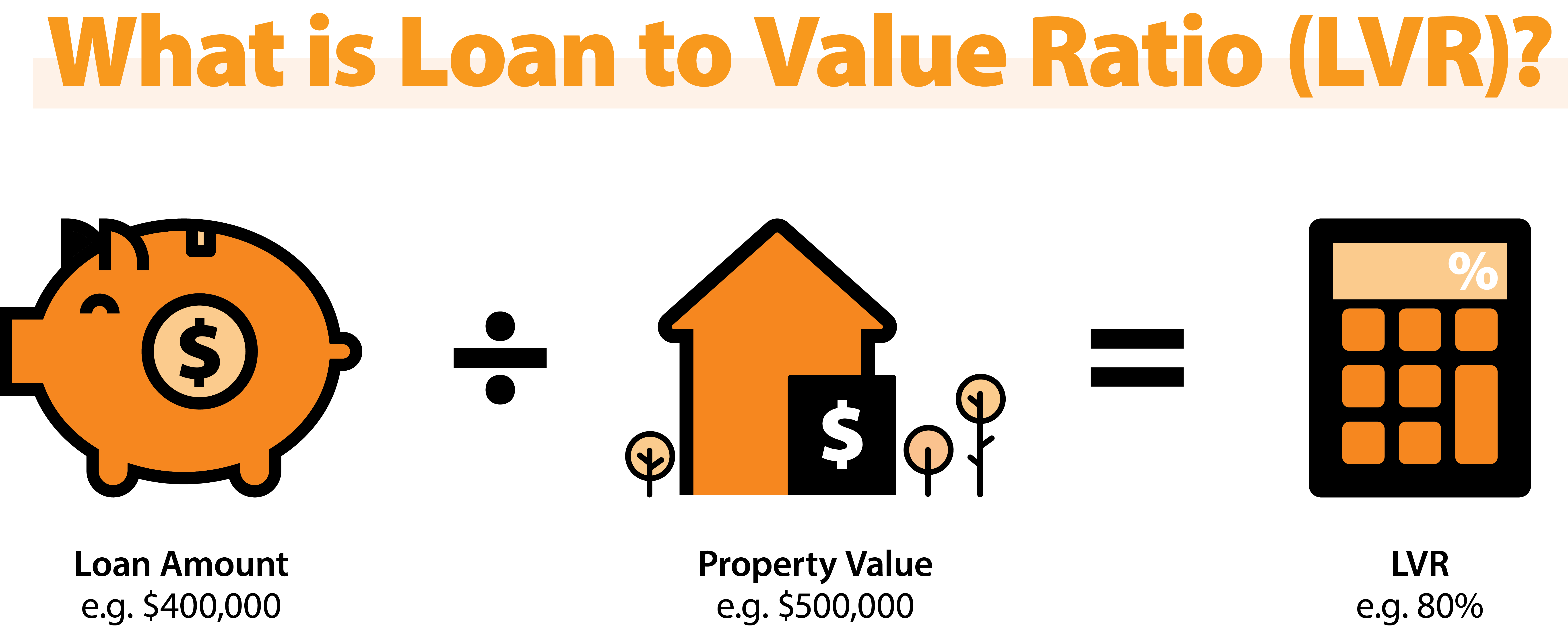When you are working out what amount you can borrow to purchase a property, the size of deposit you need to save and whether you are
eligible for a particular mortgage product, the loan-to-valuation ratio (LVR) is one of the most important considerations.

In the simplest terms, the LVR is the percentage of the property’s value, as assessed by the lender, that your loan equates to. So, if the property you want to purchase is valued at $500,000, and you need to borrow $400,000 to pay for it, the loan is 80 per cent of the property value, making your LVR 80 per cent.

LVR is important because different lenders and loan types have different maximum LVRs, and some lenders will only lend up to a certain LVR
depending on the property, such as properties in certain areas, like mining towns, or property sizes (like small places).
Most lenders will finance 80 per cent LVR, or higher with lenders’ mortgage insurance (LMI), while alt doc loans may be limited to 60 per cent LVR without LMI. If you want to learn more about LMI, read more in this article.
Alt doc loans, also known as low doc loans, are home loans that can be taken out using less documentation, showing less proof of savings history and ability to repay the loan, which can be great for self-employed people. Read our other blog posts to learn more about buying a home when you're self-employed or what documentation you need for a loan.
In general, loans over 80% can be considered risky, especially if you don’t have a great credit history or stable employment. Lenders will often charge LMI (Lenders Mortgage Insurance) if the LVR is over 80%, which isn’t the most ideal situation when you’re trying to minimise costs considering there are additional fees such as stamp duty or conveyancing charges.
If you're concerned about how much you can borrow and want peace of mind about your options for home ownership, then contact our
friendly team at Acquired. We can go through the home loan application process with you, arrange pre-approval, or answer any queries
you might have.
First Home Buyer
10 Tips for Property Investors
Moving Checklist